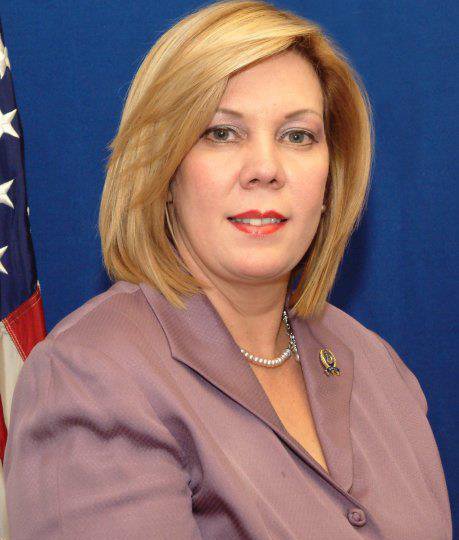
TRENTON – Legislation sponsored by Senate Economic Growth Chair Nilsa Cruz-Perez that would extend the existing pilot program authorizing special occasion events at wineries on preserved farmland was passed by the Senate today.
“Since the pilot program was created, the state has seen an increase in revenue from the wineries, which has also increased existing tourism to preserved farmland. New Jersey can take advantage of this link between agriculture, tourism, and events, each bolstering and supporting the others in turn,” said Senator Cruz-Perez (D-Camden/Gloucester). “Extending this program will continue to allow a growing industry to flourish while also expanding tourism in our state.”
The bill, S-2127, would extend the pilot program allowing special occasion events, like fairs, festivals and weddings, at wineries on preserved farmland for another two years after the bill’s enactment. The current pilot program expired March 1, 2018. The bill would also require that each county agriculture development board prepare and submit an annual report to the Governor and the Legislature. Each report would include findings that summarize the activities of wineries on preserved farmland in the county and make recommendations for the pilot program.
The State Agriculture Development Committee would also be required to issue an interim report 30 days after the bill’s enactment and a final report at least 45 days before the program expiration. Both reports would review the program, summarize county results and issue recommendations on the program’s continuance to the Governor and the Legislature.
One of New Jersey’s greatest features is its farmlands. This pilot program has not only allowed special occasion events at wineries, but it has also increased tourism to protected farmlands in the state. According to a study commissioned by the Garden State Wine Growers Association, the economic impact of New Jersey wine and vineyards in 2016 represented more than $323 million for the state. Total revenues for the New Jersey wine industry totaled about $237 million.
The bill was passed by the Senate with a vote of 37-0, and now heads to the Governor desk.

